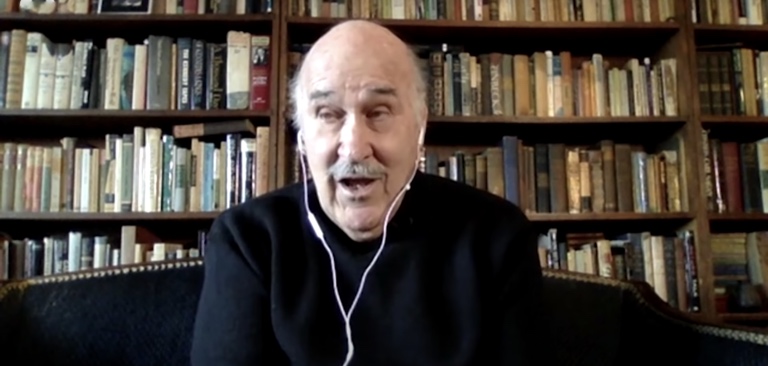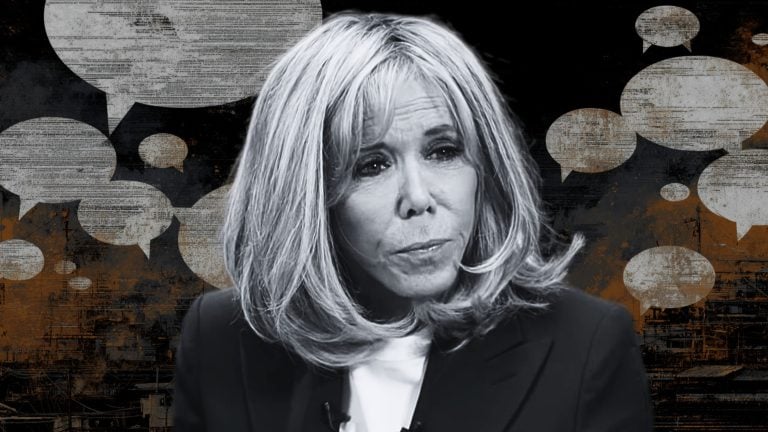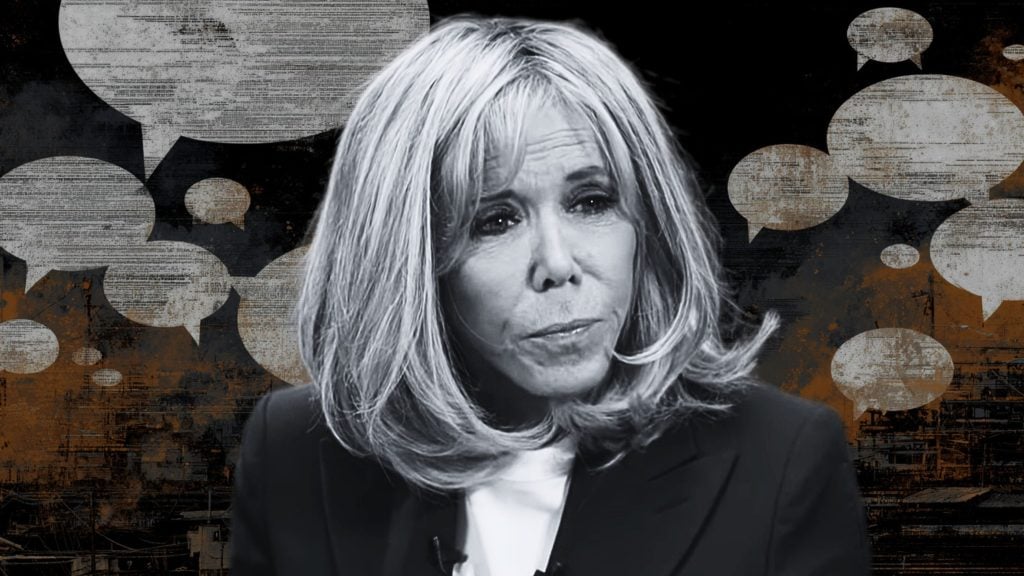During a recent appearance on The Joe Rogan Experience podcast, Ira Glasser, who served as the fifth executive director of the American Civil Liberties Union (ACLU) from 1978 to 2001, laid out the case for why attempting to ban “hate speech” and “false speech” is a bad idea.
“When people say they want to ban hate speech, what they mean is they want to ban speech that they hate,” Glasser said. “But if you allowed something called ‘hate speech’ to be banned, then the only important question would be ‘who decides?'”
Related: New movie Mighty Ira showcases the ACLU before it backtracked on free speech
Glasser then discussed how giving the government or other institutions the power to make this decision rarely results in a favorable outcome for those pushing hate speech bans.
“If the government is going to be the one to decide what hate speech to ban, it’s not going to be the same speech as the speech you hate, it’s going to be the speech they hate,” Glasser warned.
Glasser went on to explain that the reason attempts to ban “hate speech” don’t work is because nobody can define what hate speech is.
“It all ends up coming down to who decides and most often, it ain’t you,” Glasser said.
Additionally, Glasser noted that attempts to ban false speech, particularly in the realm of politics, don’t work for the same reason:
“In the world of politics, almost everything can be interpreted as true or false, depending on who the speaker is and who the listener is. Look at what just happened with our elections. 70% of people among Republicans believe that the election was fraudulent. Now, you can argue about whether that was true or false but do you really want to make it a crime to say the election was fraudulent?”
When asked by Rogan whether the solution is to “leave everything up and let everybody kind of just duke it out in the town square of ideas,” Glasser agreed that this was the best option.
“The only alternative is to give somebody the power to decide what should be excluded from the town square,” Glasser said. “And who is that somebody? I don’t think you can get out of that dilemma.”
Glasser also noted that under John Adams’ presidency, Congress criminalized “false” statements against the US government with the introduction of the Alien and Sedition Acts in 1798 and used this example to highlight the dangers of letting somebody else decide which speech should be allowed.
“It ended up that people who were critical of John Adams including, a member of Congress, including several editors of newspapers, including, you know, lots of people, they were arrested and sent to jail under this,” Glasser said. “And why did that happen? It happened because the people in charge said that their speech was false.”
Glasser added that for him, supporting free speech wasn’t an easy thing to come to grips with but he realized that powerless people are often the victims of attempts to regulate speech.
“The fact is you can never trust the powerful with your civil liberties,” Glasser said. “That’s true about speech and that’s true about all civil liberties. Power is the antagonist, not Republicans, not Democrats, and whoever has it is a danger to civil liberties if they’re not restrained. And one of the restraints is in the First Amendment to the Constitution.”
Click here to display content from YouTube.
Learn more in YouTube’s privacy policy.










